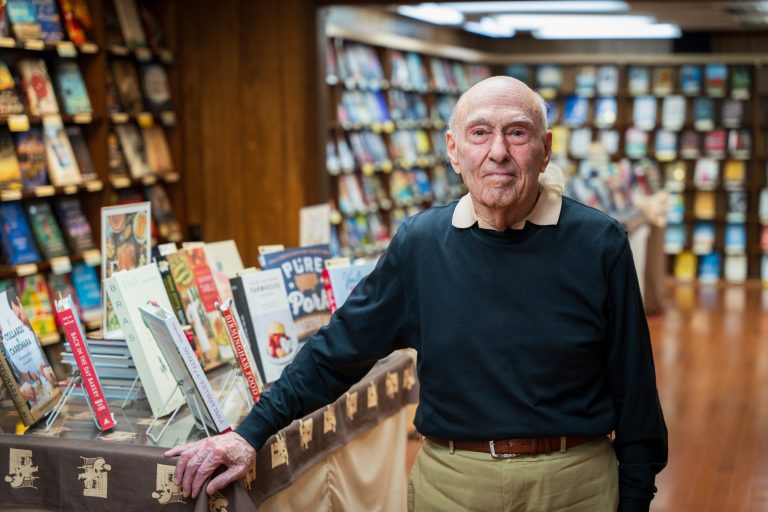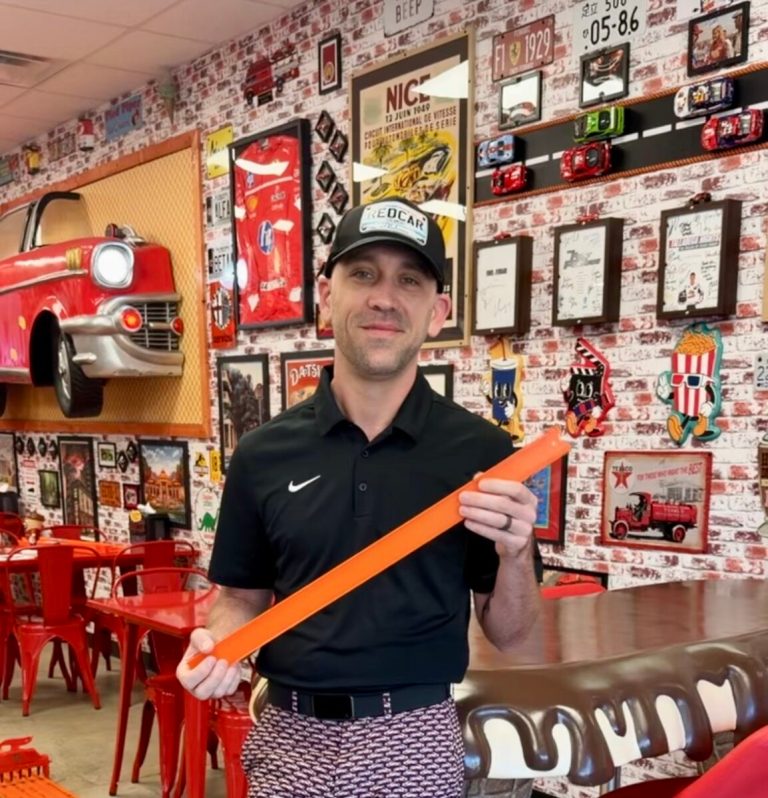Did you know startup starts are booming in Alabama right now because of COVID?
Reading time: 6 minutes

Back before anybody had ever heard of the novel coronavirus, we were closely following all the startup activity here in the Birmingham area. Now, 7.5 months later, we’ve been hearing rumblings of an uptick in startups due to COVID. Keep reading to find out what we learned.
Consider the source(s)

We reached out to three people who’ve got their finger on the pulse of Alabama’s startup scene:
- Greg Barker, President of EDPA (Economic Development Partnership of Alabama)
- Will Wright, Vice President of Innovation at Protective Life + Founder, Wright Strategies
- Patrick J. Murphy, Ph.D., Director of the Entrepreneurship Program in the Collat School of Business at UAB
Here’s what they said.
There *are* actually more startups in Alabama because of COVID

On October 16, Will Wright quantified three key elements of this trend in this piece shared on LinkedIn:
- New biz applications across the US are up by double-digits compared to last year.
- Alabama’s jump in new biz stats are about 33% higher in 2020 vs. 2019.
- Starts among businesses likely to hire people are up 24%
His data came from the U.S. Census Bureau’s Business Formation Statistics.
We also checked in with EDPA (Economic Development Partnership of Alabama) to find out what they were seeing. Here’s what they said:
“We pivoted Alabama Launchpad’s summer competition to focus on companies responding to COVID-19’s effects on education, industrial settings, healthcare and retail/commercial businesses.
We received more applications than ever before – some from brand-new entrepreneurs, and some from established companies creating products to adapt to our new normal. It was energizing to see how changing circumstances prompted entrepreneurial activity!”
Greg Barker, President of EDPA
The pandemic’s impact on businesses falls into three main categories
Dr. Patrick J. Murphy of UAB’s Entrepreneurship Program said he’s been seeing increases in three different categories, each with their own drivers:
1. The Pivoters

These are people and companies that were rolling along before COVID and had to shift focus once it hit.
Startups like Mixtroz fall into this category. Mother-daughter power duo Kerry Schrader and Ashlee Ammons were rocking the IRL event space pre-COVID. Post-COVID, they sped plans to move into virtual events up from six months down the road to 45 days, and the results have been nothing short of astonishing.
“Today, they’re working on becoming an innovation leader in building community and engagement at virtual and hybrid events.”
Google for Startups

Satterfield Technologies is another example. Pre-COVID, Forrest Satterfield was designing really cool 3-D printed knee and wrist braces. Now, as CEO of Obex Health, he’s making custom face masks to keep people in high-exposure and high-risk groups safe.
According to Murphy, in cases like these and many others he’s seen, changes in the environment focus entrepreneurs’ behaviors to make their actions have a greater impact.
2. The Failures

No, Murphy’s not calling the people who run these businesses failures. He’s identifying a group of often low-tech, traditional small businesses that simply can’t survive in the current environment. These include some retail stores or restaurants without online ordering. Their businesses simply aren’t structured in a way that will allow them to survive right now.
It might seem at first that these business owners aren’t part of the uptick in startups, but some of them are, as you’ll see when we get to the next category.
3. The Displaced + Resourceful

According to Murphy, there’s a lot of movement across the categories, and especially from #2, above, to this one. Let’s say you lose your job or your biz due to COVID, but you decide to monetize a hobby, or go back into a previous career, or pursue a passion project.
You might not have started this new venture if not for the displacement from losing whatever your previous gig was, but now that it’s happened, you embrace the change.
Across all the categories, Murphy said everything starts with problems and questions: what should we do about x? Whether it’s masks, education, childcare, business services, the product or service needs to appeal to our new sensibilities about how we work and live. The environmental shift has stirred up lots of entrepreneurial energy.
How will these startups do?

Will Wright of Wright Strategies says “a lot of this stuff won’t necessarily go very well. A lot of them have real opportunity. Some things feel really small, like communications consulting firms, independent consulting or boutiquey food places. We’re also seeing folks take risks to get ideas and startups going.”
In fact, he knew someone who decided to submit an application to Alabama Launchpad with only four hours to prepare.
Wright, who co-founded Pack Health, is looking forward to seeing which companies end up employing 100 or more people in Birmingham, and says a lot of really important businesses have started in recessions. He’s very optimistic about the fact that “business as usual doesn’t work any more,” and excited to see all the new things people are trying now.
One example he gave is how quickly the American Cancer Society moved to raise money through a virtual gala. In a short space of time, they were able to raise 75-80% of what they would normally raise via a fully virtual event.
Wright is passionate about that kind of quick movement, whether it’s in the nonprofit or for-profit space, and wants to see the COVID-inspired momentum continue.
Pandemic safety nets have made some risk-taking possible
According to Wright, stimulus checks, paycheck protection program loans and unemployment benefits have helped to create the safety net needed for individuals to take entrepreneurial risks and to shake things up across the board.



